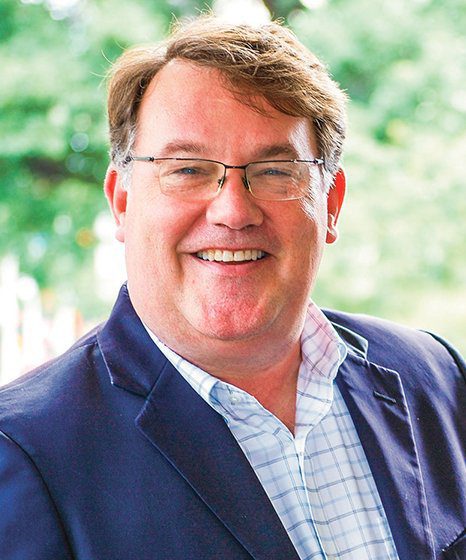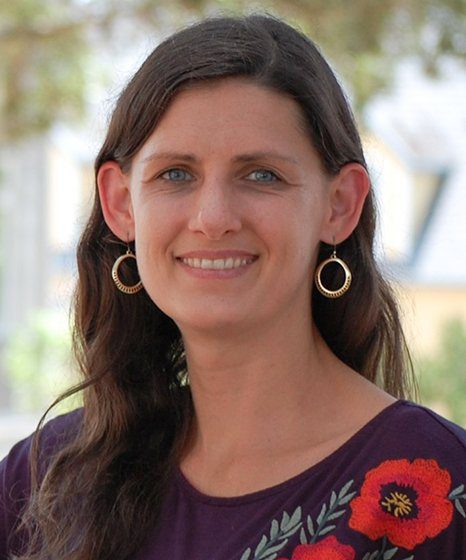
Guest Author – Lynn Buzzard

I…beseech you to have a walk worthy of the calling to which you were called.
Ephesians 4:1
But fornication and all uncleanness and covetousness, let it not be named among you as fitting for saints.
Ephesians 5:3
“That doesn’t become you” is an English expression often used about our looks—that some color or style of dress doesn’t favor us, it doesn’t show us at our best: it doesn’t “become” us. Rather, it detracts from our appearance. It’s like saying: “That doesn’t look good on you.”
It is striking that Paul uses the same idea in describing how we ought to live as believers. In the two passages from Ephesians noted above, Paul talks about conduct that “fits” our calling and that which does not. Paul has already, in Ephesians chapters 1-3, written of our spiritual identity—we are the called-out saints—the chosen people of God, forgiven, redeemed and empowered by God. In chapters 4-6, he now talks about the “conduct” of people with that calling and identity. We are saints, now live like it. We are called the children of God, now behave like it. It is, of course, good news that we don’t become saints by our behavior—we’d never make it. Rather, we are saints by the grace of God—but then, we are called to respond by living saintly lives. Being precedes doing—but doing is to follow being.
I have heard parents in the process of correcting misconduct by their children, or speaking of their own commitments, say something like, “If you are a Jones, you don’t do that!” In other words, there are things the family stands for—and to be in that family is to conduct yourself in a certain way. Paul is saying that we are the children of the Father, the redeemed people—then we ought to live and act in a way consistent with that identity. Our behavior ought to “fit” our identity.
It is precisely that clash that sometimes occurs between our calling and our behavior that not only grieves the Spirit, but confuses the public—they might well say to us “that doesn’t become you! . . . that doesn’t look good on you.”
This is a high standard—it is more than simply avoiding the openly evil. It is more than scrupulous obedience to rules. It is the broadest call to live consistently in ways that “fit” our high spiritual calling. In the United States Uniform Code of Military Justice, Article 133, there is a special provision related to the conduct of officers—a higher obligation than that imposed on the noncommissioned members of the military—it is the duty to avoid “conduct unbecoming an officer and a gentleman.” And at our law school we talk about a standard for lawyers as professionals and officers of the court—a standard of integrity and honesty. The higher the calling, the higher the standard.
So, what do you suppose the standard is for “saints”? What is the conduct which will “become” us as God’s people—which “fits” and is congruent with our standing as the children of God?
——————-
***Please feel free to forward this to your friends. To subscribe to the CLS Devotional (emailed twice a month), please click here and subscribe to the CLS publications of your choice or email us at clshq@clsnet.org.***
This article [slightly edited] comes from the “No Higher Calling” devotional published by Advocates International, CLS’ international sister ministry. Lynn Buzzard is a former professor at Campbell Law School and the former executive director of Christian Legal Society.

Mike Schutt
Director, CLS Law School Fellows

Alanna Walker
Grants Coordinator

Michelle Williams
Law Student Ministries Coordinator
GET UPDATES
The views expressed on the CLS Blog are the views of the individual authors and do not necessarily reflect the positions of Christian Legal Society.
The purpose of the CLS Blog is to generate discussion with a free exchange of ideas and opinions.
▦ |CLS - Christian Legal Society © 2025|














































